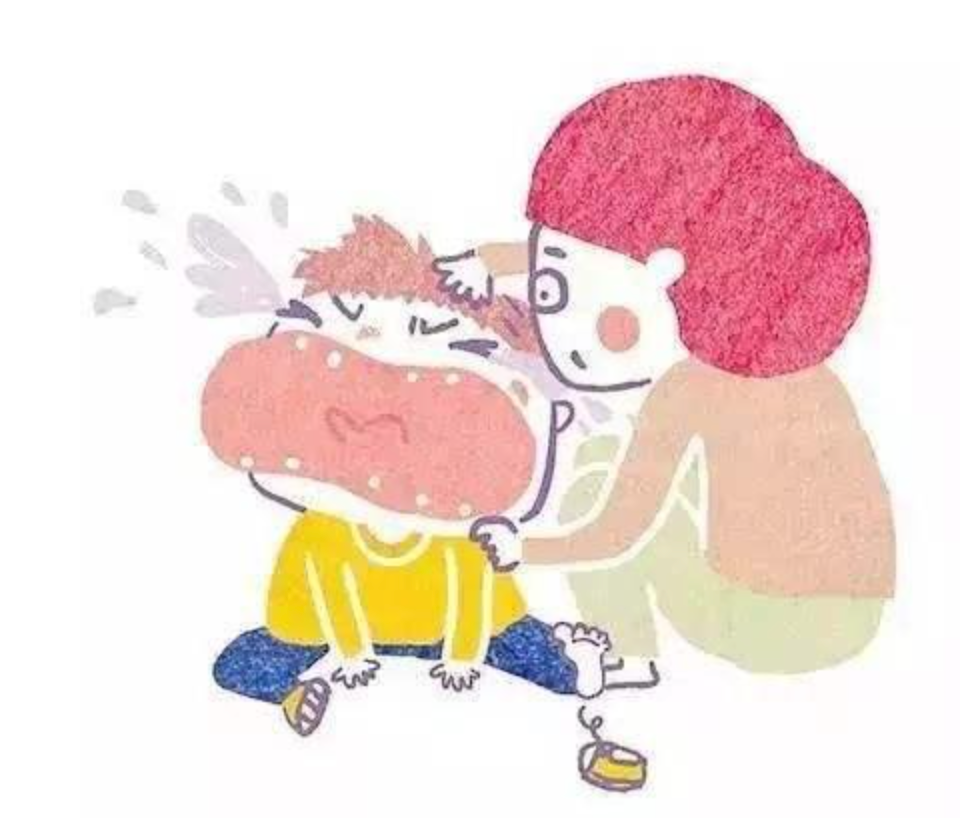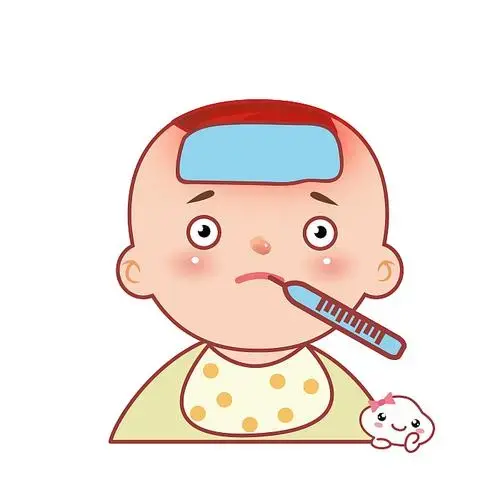The average age at which boys first encounter adult content is between 10-12 years old, while for girls it is between 11-13 years old. It is crucial to initiate sex education before this age range. Many children stumble upon explicit content while searching for unrelated topics online or out of curiosity about puberty and their own bodies. They may even share this content with other children. Engaging in timely and open communication with children can help them be prepared and minimize potential harm.
How to Approach Conversations with Children When Parents Discover Their Exposure to Inappropriate Content
Avoid making assumptions
Every child needs to feel acknowledged and respected, which should be the starting point for understanding their behavior. When parents come across their child browsing unhealthy websites or engaging in other inappropriate activities, it is important not to jump to conclusions and label the child as "corrupted." It is normal for adolescents to seek knowledge about sexuality, and they may have this need without having appropriate resources to fulfill it. Parents should have a correct understanding of sexuality, recognizing that it is a natural part of life and a subject that everyone should be knowledgeable about.
Avoid being harsh or judgmental
Adolescents are emotionally vulnerable, and their biggest fear is often parental criticism or punishment. In reality, some parents, upon discovering their child viewing explicit magazines or videos, may use derogatory terms or express disapproval, causing significant emotional trauma to the child. Such reactions may lead to a rebellious attitude or even extreme behavior.
Adopt a "same-sex education" approach
When children begin to show signs of sexual curiosity, parents should not adopt a lecturing approach but rather walk hand in hand with their child through this journey. Parents should have open conversations about sexuality, and if necessary, same-sex parents can guide their child. They should explain what behaviors are acceptable and what are not, as well as teach them how to protect themselves effectively.
Provide educational resources for children
Children's curiosity about sexuality often arises from a lack of access to proper information, leading them to seek answers through alternative means. The content they come across in "adult films" is often obtained illegally and tends to be violent. Parents can offer children educational documentaries and books about sexuality, allowing them to learn about it in a civilized manner and providing solutions to their sexual confusion.
Normalize curiosity
Parents should create a safe space for children, letting them know that discussing their curiosity is welcomed and that parents are happy to address their questions. Parents play a significant role in shaping their child's perception, and it is important not to make any topic a taboo. Engaging in conversations or seeking information from reputable educational websites are effective ways to acquire knowledge.

Instill proper internet usage and guide children to navigate online safely
When discussing puberty with children, parents can establish trust by sharing their own experiences and explaining that it is normal for teenagers to be curious about sex, including viewing images or videos. However, it is crucial to emphasize that understanding does not equate to engaging in inappropriate behavior. When it comes to matters of "sex," caution and self-control are essential. Children should learn how to protect themselves and others.
Highlight the consequences of such actions
Clearly explain the potential harm of accessing inappropriate videos to children, helping them understand the ethical implications of their actions. Teaching children to reason rather than solely relying on anger or reprimand is crucial. Only when children themselves recognize the wrongfulness of such behavior can it be effectively prevented at its source. Merely relying on parental control measures will not suffice.




